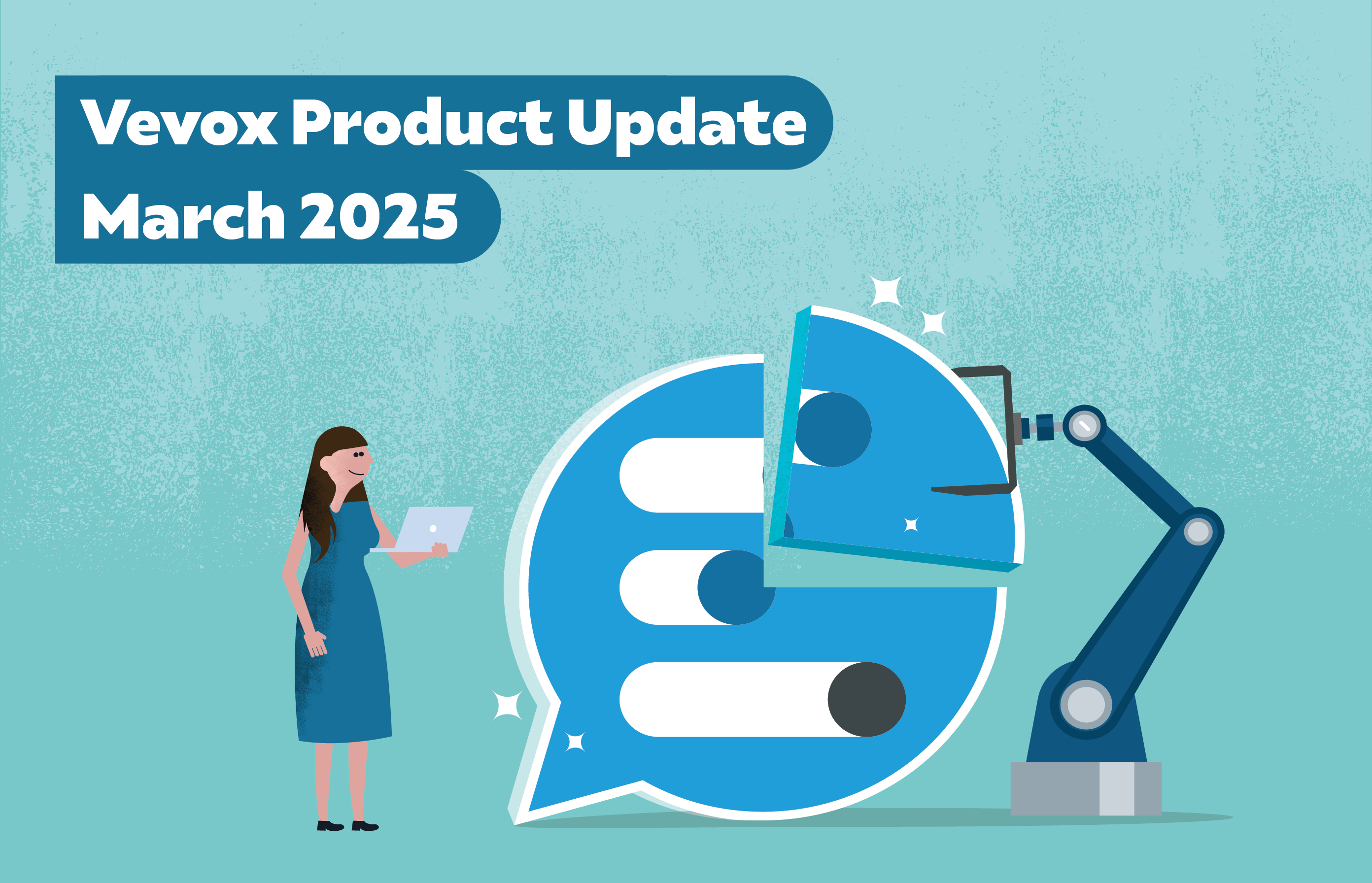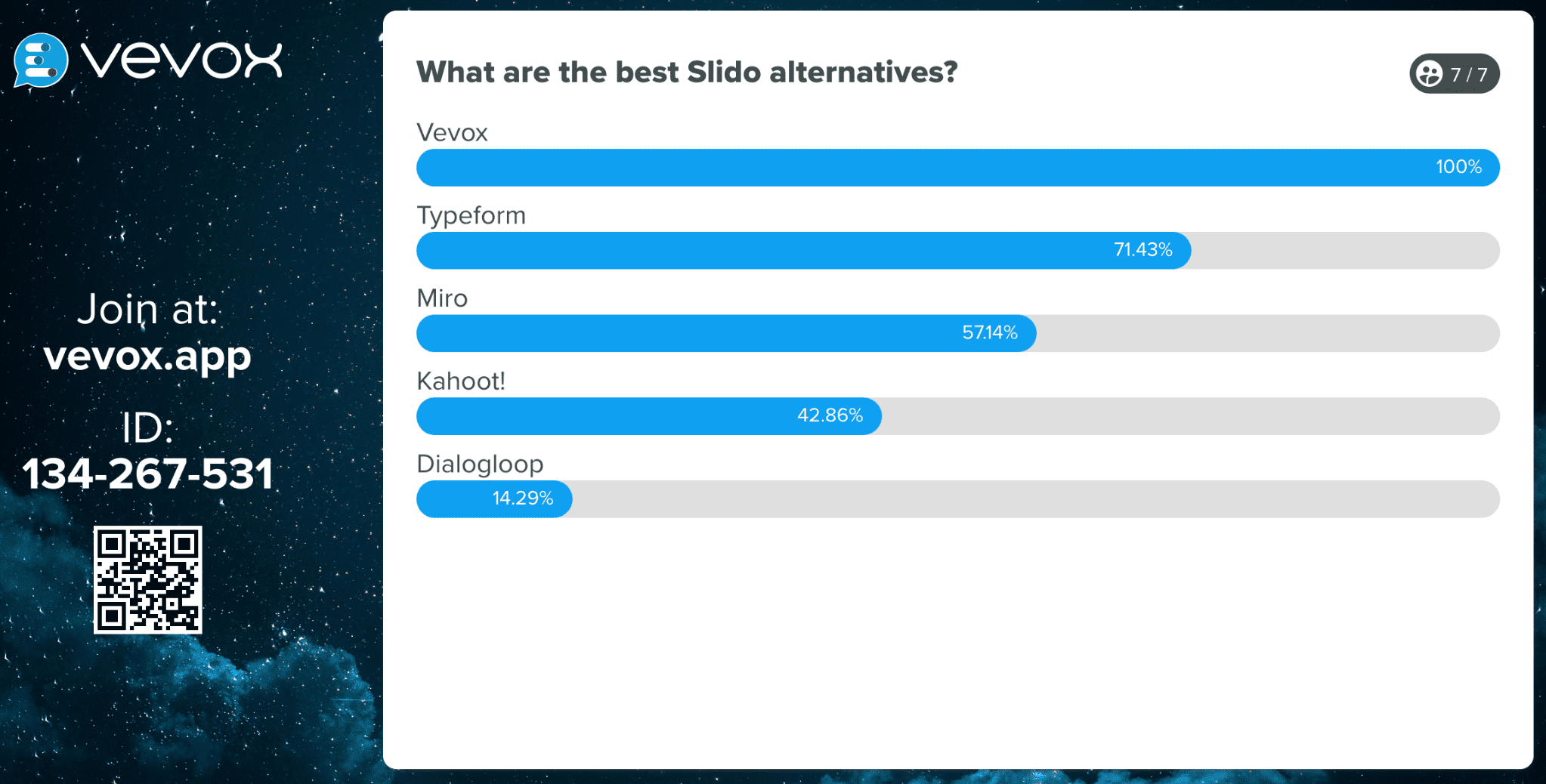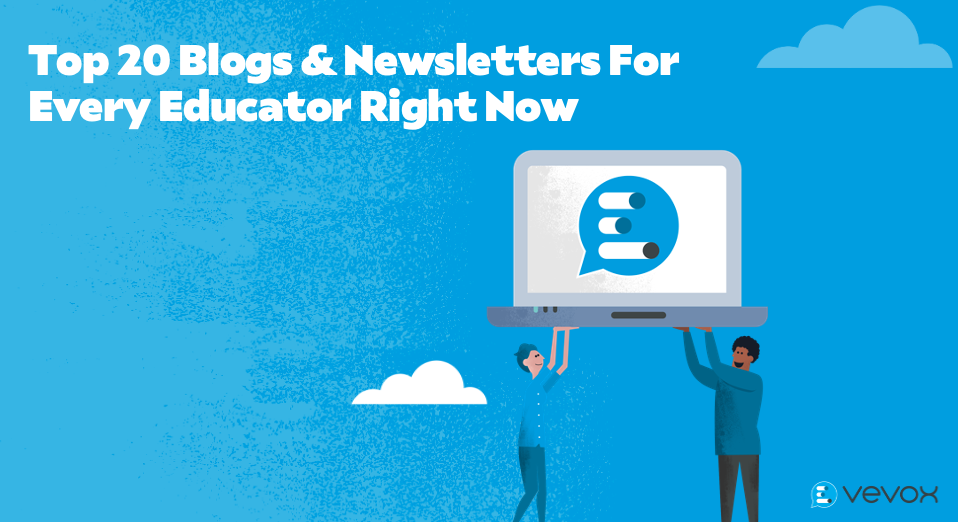“91% of millennials expect to move on from a job within 3 years and less, with 45% of companies reporting higher turnover rates for millennials than previous generations” according to Forbes.
Research suggests that younger generations are optimistic, ambitious and will job-hop to find new career challenges and experiences. Considering this, it is more important than ever that organisations focus on how they will appeal to future generations, progress their careers and keep hold of talented employees. Can you afford to lose great talent, year on year? How will you recruit the next generation of talent and inspire them? Here are 3 workplace behaviours that you should consider within your employee engagement, communication and retention strategies.
1. Tech-savvy
"59% of millennials said that an employer’s provision of state-of-the art technology was important to them when considering a job and 78% of them said that access to the technology they like to use makes them more effective at work" PwC, Millennials at Work Report.
Millennials and future generations will expect their workplace to keep up with the times. This means that organisations need to make sure that they are offering the latest technology and understand how younger generations behave and communicate. It is important that organisations recognise that younger generations have grown up with rapid advancements in technology and communication channels, which have changed the workplace. Therefore, it seems preposterous to expect your young workforce to be happy to use old technology and communication tools for training sessions, internal meetings and other employee comms events.
2. Flexibility
According to a Net Impact survey, “58 percent of young people said they would take a 15% pay cut in order to work for an organisation with values like their own” and “73% would like to have a flexible work life balance”.
One of the reasons behind this desire to have a flexible work-life is because young workers focus on completed tasks, rather than measuring the time spent in the workplace. Additionally, time and location is not a huge barrier nowadays, as technology has meant an employee can do a lot of work outside of the office and in their own time. It is a case of completing their tasks at hand and successfully.
It is undeniable that the young generation will consciously think about the salary they will earn, especially as they want to pay off their student loans and debts, but money isn't everything when they decide to choose their job. Research shows that they care just as much about how happy they are in their work environment and their experiences.
Millennials are searching for organisations that suits their needs. These needs could include: the type of work atmosphere, company size, passion for the industry, social benefits, flexible hours, type of management, flexible work location, career development and training, and the ability to contribute to a wide-range of projects.
3. Impact and recognition
Young employees are motivated by the opportunity to contribute to projects and to come up with new ideas that will make an impact. Social media has played a part in how this generation interacts and how they can have their say on all kinds of topics and discussions.
Regular, honest, real-time feedback is also appreciated by millennials and this instant feedback is what younger generations crave. Especially as they have grown up with instant feedback via online tests, instant technology and real-time communication channels.
Several research studies including the PwC "Millennials at work - reshaping the workplace", describes how younger generations are looking for ways to fast-track their careers and have higher expectations, both of themselves to deliver in their career and for their employer to recognise their efforts and reward them in some way. If you invest in their careers, give them as much training as possible and give millennials development opportunities, they are more likely to stay with your organisation.
Conclusion
Millennials and future generations will continue to ‘job-hop’ in the future and be less loyal than their predecessors, as well as being focused on finding a career which suits their needs. Bearing this in mind, organisations need to think about how they will appeal to these new generations and keep up to date with technology so they are not viewed or performing as a ‘backward-looking’ company and are instead 'forward-thinking'. Organisations that are adjusting to their employee needs, delivering them successfully and listening to regular feedback will be the ones to most likely recruit and maintain the best employee talent within such a competitive recruiting market.





